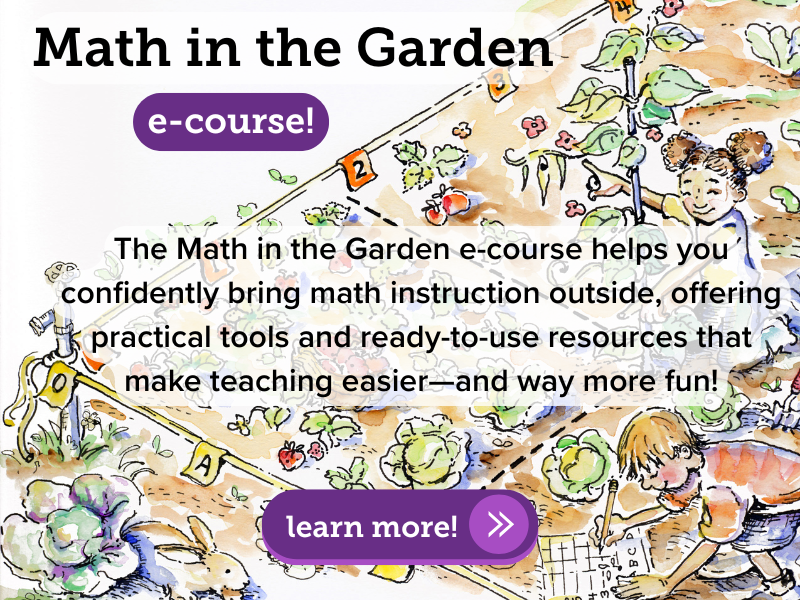Why is cooking with kids important? “Learning to cook is an important skill, but even more important is simply helping kids get to know whole foods. We live in a world where we are getting further and further from whole foods — literally like a whole carrot or a whole bean,” says Rachel Huff, Farm to School Coordinator for the Northwest Vermont Healthy Roots Collaborative in Vermont.
Rachel expounds on some of the many reasons to cook with kids:
The cooking skills and techniques they practice — peeling, chopping, sauteing, etc. — will serve kids throughout their lives. Cooking invites kids to get to know their food — what a beet looks like, that squash have seeds inside, that potatoes come in different colors, etc.
Cooking creates a brand-new learning environment that provides opportunities for all types of learners. The hands-on, sensory, physical activities involved in cooking encompass learning styles that often aren’t centered in the traditional classroom.
When kids learn to cook and realize that they can provide this essential service — for themselves, for their friends, for their family — their sense of confidence and self-worth blossoms. Cooking promotes kids’ self-efficacy — their belief in their ability to succeed at new, challenging tasks.
Cooking hones so many varied skills. In addition to specific skills, like chopping vegetables, it also involves skills around organizing, arithmetic, collaboration, creativity, and problem-solving. It supports kids’ agency — their actual ability to deal with a task or situation.
Cooking invites curiosity — how did this food get on my plate? Taking a finished dish, deconstructing it into components, and tracing those back to their whole-food roots is like solving a mystery. Kids can investigate the who, what, and where of each ingredient, from farm to harvest to market to kitchen.
Cooking with kids offers endless opportunities for learning that reach far beyond activities in the kitchen. You can use cooking as a vehicle to explore the whole food system with your students — carbon footprint, food miles, farm worker rights, etc. Explore the botany of food crops and dig into the biology of digestion and nutrition. Teach history through the lens of food. Use cuisines as an entry point for promoting multicultural awareness and appreciation. Opportunities for math and science lessons abound — counting and comparing seeds, measuring seedling growth, and conducting experiments. Food touches each of us — we all have to eat! — so it’s both a familiar starting point and a vast opportunity for learning.
Rachel concludes, “Rather than being an add-on, cooking can and should be something that enriches what educators already do in their classrooms — like honoring the different cultures represented and supporting student self-worth — not to mention health and life skills!”
Rachel Huff has been involved in the farm to school movement since 2008, engaging youth and their families in the local food system, leading cooking and gardening activities, and encouraging a shift toward healthy, whole foods. She's currently the Farm to School Coordinator for the Northwest Vermont Healthy Roots Collaborative.
Resources
Celebrating Our Roots: Amplifying Who We Are
This Shelburne Farms blog post highlights Aziza Malik's work creating the Celebrating Our Roots Multicultural Recipe Book. The book not only offers recipes but also guides teachers on how to incorporate cultural awareness of food into their classrooms. The blog post includes a link to the online book.
Supporting Students to Take Age-Appropriate Risk
This blog post by The Edible Schoolyard Project explains how having and expressing confidence in our youth is critical for their growth and skill development.
These experiential activities engage kids in learning about healthy food and is organized through a learning progression by grade, season, and theme. The lessons are tied to national academic standards and are intended to guide food and garden educators to spark inquiry and love for healthy food.



